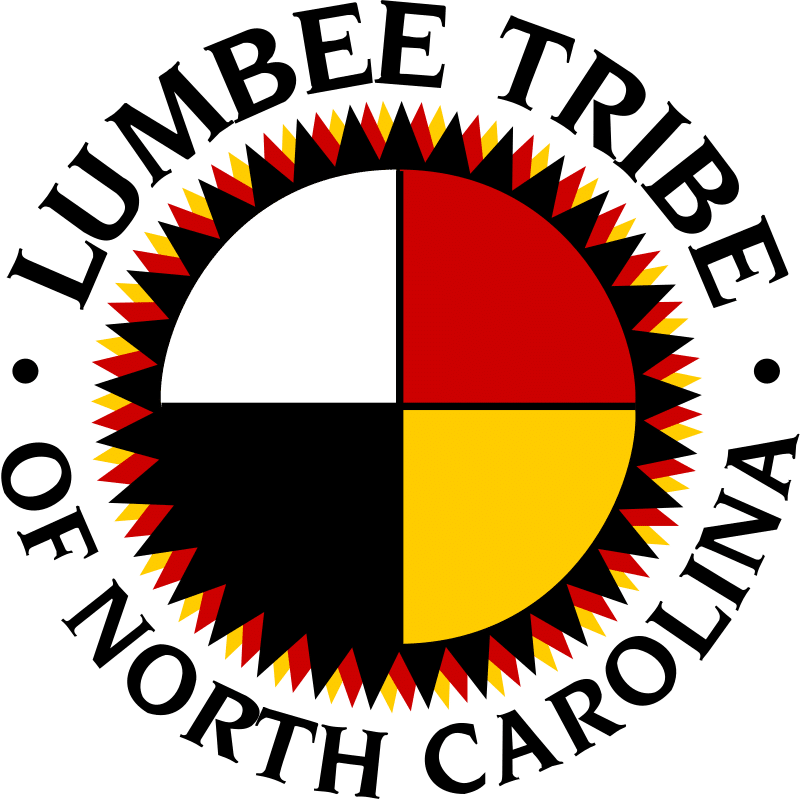The Lumbee Indian Tribe has muddled beginnings. The earliest European contact cited by the Lumbee people came when a map-maker, John Herbert, identified four Siouan-speaking Indian tribes: Saraw, Pee Dee, Scavano, and Wacoma. The Lumbee Indian Tribe believes they originated from these settlements but do not claim any direct ancestry from any of the tribes. As stated before, the Lumbee origin is muddled and has different theories attached to it, including a theory that connects them to the lost colony of Roanoke.

Overview
The Lumbee Indian Tribe probably participated in some form during the American Revolution, but there are no records of who and what side. The only reference is that similar surnames appear in pensions of Revolutionary War Records that are unique to Lumbee Indians. Prior to the Civil War, they had become second-class citizens in the South. They were treated better than slaves but still discriminated against. It is believed that many Lumbee were forced to serve in the Confederate Army. Although discriminated against, the Lumbee people did not identify with free African slaves and often sent them to different schools. During the 1950s, the Croatan Indians (as they were then called) made nationwide news when they came into conflict with the Knights of the Ku Klux Klan, a white supremacist organization headed by Klan Grand Dragon James W. "Catfish" Cole. Cole began a campaign of harassment against the Lumbee, claiming they were "mongrels and half-breeds" whose "race mixing" threatened to upset the established order of segregated Jim Crow South. After giving a series of speeches denouncing the "loose morals" of Lumbee women, Cole burned a cross in the front yard of a Lumbee woman in St. Pauls, North Carolina, as a "warning" against "race mixing". Emboldened, Cole called for a Klan rally on January 18, 1958, near the town of Maxton. The Lumbee, led by recent veterans of the Second World War, decided to disrupt the rally. The Battle of Hayes Pond occurred when Cole called for members of the KKK to show up against the Lumbee people. He believed 5,000 would show, and as few as 3 dozen were reported. The Lumbee numbered 500. Knowing they had the numbers, they attacked. The Lumbee soundly routed the KKK, and the Klan never harassed them again. The Lumbee Act, passed by Congress in late May 1956 as a concession to political lobbying and signed by President Dwight D. Eisenhower, designated the Lumbee as an Indian people. It withheld full recognition as a "Tribe", as had been agreed to by the Lumbee leaders. The Lumbee Act designated the Indians of Robeson, Hoke, Scotland, and Cumberland counties as the "Lumbee Indians of North Carolina."
